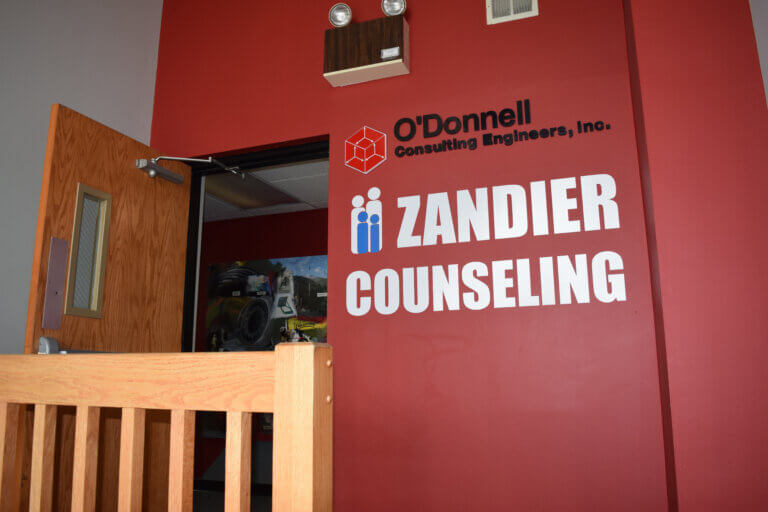
Our professional team of psychologists, therapists, counselors and relationship experts utilize both traditional and innovative practices, such as our founder’s Energy Psychology (E.P.) application, Enlight™, when helping our clients. We recognize that as unique beings, our response to psycho-therapy modalities differ from one person to the next. For that reason, our providers work with their clients to identify which approach is best for them.
Individual therapy is a form of therapy in which the client is treated on a one-on-one basis with a therapist. The most popular form of therapy, individual therapy may encompass many different treatment styles including psychoanalysis and cognitive-behavioral therapy (CBT).
Individual therapy allows the therapist and client to focus on each other, building a rapport and working together to solve the client’s issue.
However, psychoanalysis and related therapies may progress for months or even years, while brief therapies such as cognitive-behavioral therapy (CBT) can produce results in just a few sessions.
Many people believe that you should only seek relationship counseling when separation or divorce are looming. But that is often too little, too late. Relationship therapy should begin as soon as the problems get in the way of your daily life. Here are some signs that you might benefit from a consultation:
Remember that there are no wrong reasons to seek relationship counseling. Counselors can help you become a better communicator, develop strong relationship skills, and improve your family’s happiness. It is therefore important to acknowledge problems early and seek therapy as soon as possible. Problems with relationships are not limited to romantic ones, even though that’s the most popular reason people consult for relationship therapy.
Entering into family therapy is not admitting defeat or failure, but rather a big step forward in creating a healthy family unit. Think of family counseling as adding tools to your family’s relationship toolbox. You can learn new ways to communicate, to work through problems, to discipline and to relate to one another.
If your family is experiencing one or more of these symptoms, it may be time to consider engaging the services of a qualified professional marriage and family therapist.
Children deal with school stress, bullying, friend drama, grief, and many transitions throughout childhood. Sometimes children are embarrassed or scared to tell mom or dad that something is wrong, and other times parents are unsure if a problem is fleeting or something more serious. There is lots of help for kids of all ages and no parent should feel alone when it comes to their child’s mental health. Here are some signs that your child should talk to a therapist:
MONDAY – FRIDAY : 8:00 – 8:00
SATURDAY: Closed
SUNDAY: Closed
Our therapists are caring, experienced clinicians who are eager to help you with whatever issues you are facing. We look forward to helping you achieve emotional wellness.